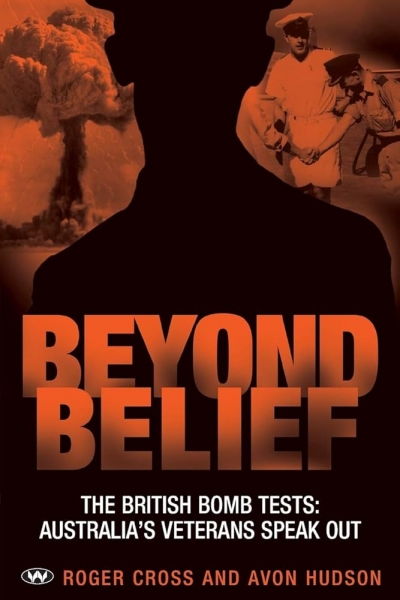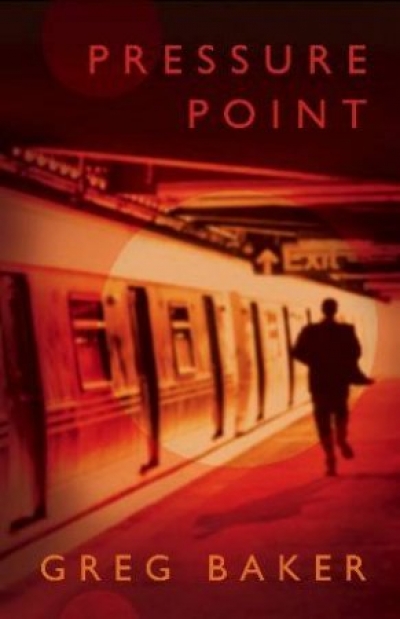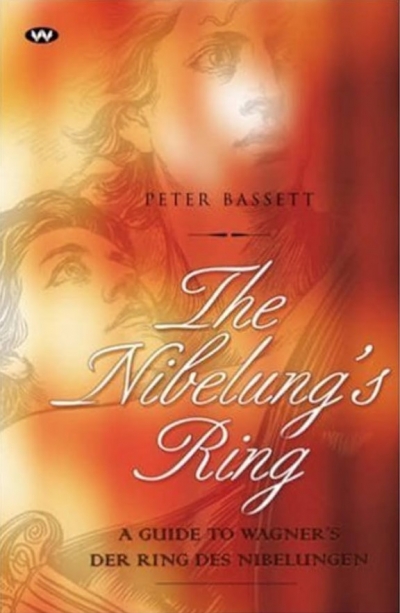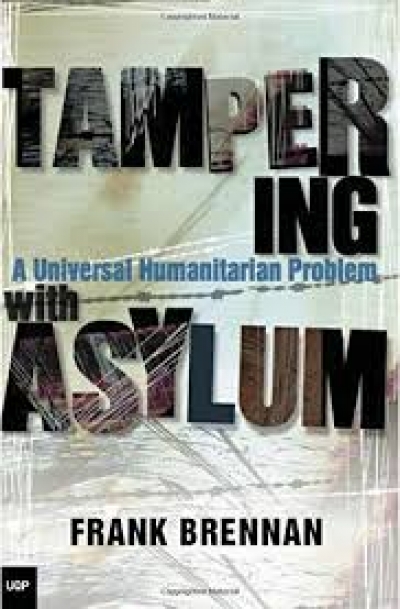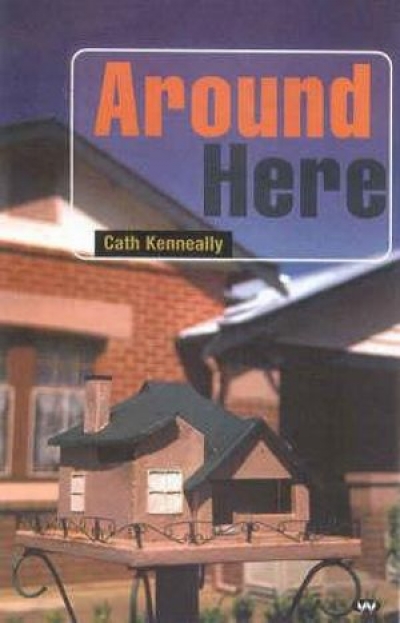Wakefield Press
Ever Yours, C.H. Spence: Catherine Helen Spence’s an autobiography (1825–1910), diary (1894) and some correspondence (1894–1910) edited by Susan Magarey
by Elizabeth Webby •
Beyond belief: The British bomb tests: Australia’s veterans speak out by Roger Cross and Avon Hudson
by Wayne Reynolds •
Pressure Point by Greg Baker & The Millionaire Float by Kirsty Brooks
by Simon Caterson •
The Nibelung’s Ring by Peter Basset & The Cambridge Companion to Grand Opera edited by David Charlton
by Peter Porter •
Shockwave by Peter Haran & Flashback by Peter Haran and Robert Kearney
by Josh Wilson •
Tampering with Asylum by Frank Brennan & From Nothing to Zero by Julian Burnside
by Sylvia Lawson •
Peace, Order and Good Government: State Constitutional and Parliamentary Reform edited by Clement Macintyre and John Williams
by Grant Bailey •
Gallienus by John Bray & A Portrait of John Bray edited by Wilfred Prest
by Alex Castles •


